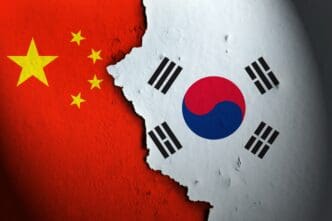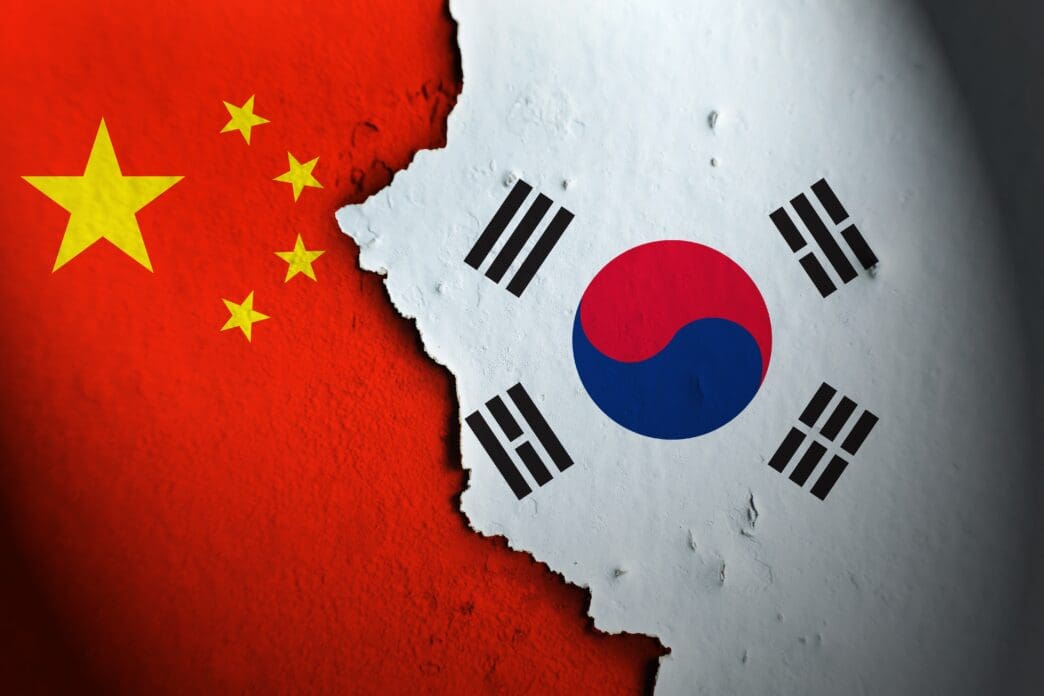Executive Summary
The Story So Far
Why This Matters
Who Thinks What?
Chinese President Xi Jinping and South Korean President Lee Jae Myung signed a significant bilateral currency swap and several economic cooperation agreements in Gyeongju, South Korea, on Saturday, November 1, 2025. The agreements, formalized on the sidelines of the Asia-Pacific Economic Cooperation (APEC) summit, aim to enhance and improve bilateral ties between the two nations.
Economic Cooperation Details
The bilateral currency swap line, a key outcome of the summit, is valued at a maximum of 70 trillion won, equivalent to approximately $49.24 billion, for 400 billion yuan. This agreement, valid for five years, was established between the Bank of Korea and the People’s Bank of China. It matches the amount of a previous swap arrangement that had expired in October.
In addition to the currency swap, Beijing and Seoul also formalized six memorandums of understanding (MOUs). These MOUs cover a range of sectors, including broader economic cooperation, trade in services, and agricultural exports, signaling a comprehensive effort to deepen economic integration.
Diplomatic Context
President Xi’s visit to South Korea marked his first in 11 years, underscoring the diplomatic significance of the meeting. The two leaders engaged in talks during the annual APEC forum, which served as a platform for discussing various bilateral and regional issues.
This renewed focus on financial cooperation follows South Korea’s previous establishment of a three-year won-dollar currency swap line of $10 billion with Japan in 2023. That particular agreement was widely perceived as a political gesture amid improving relations between Seoul and Tokyo.
Key Takeaways
The recent agreements between China and South Korea signal a renewed emphasis on economic collaboration and diplomatic engagement. The substantial currency swap and multiple MOUs are set to deepen financial and trade ties, reflecting both countries’ commitment to strengthening their bilateral relationship.








